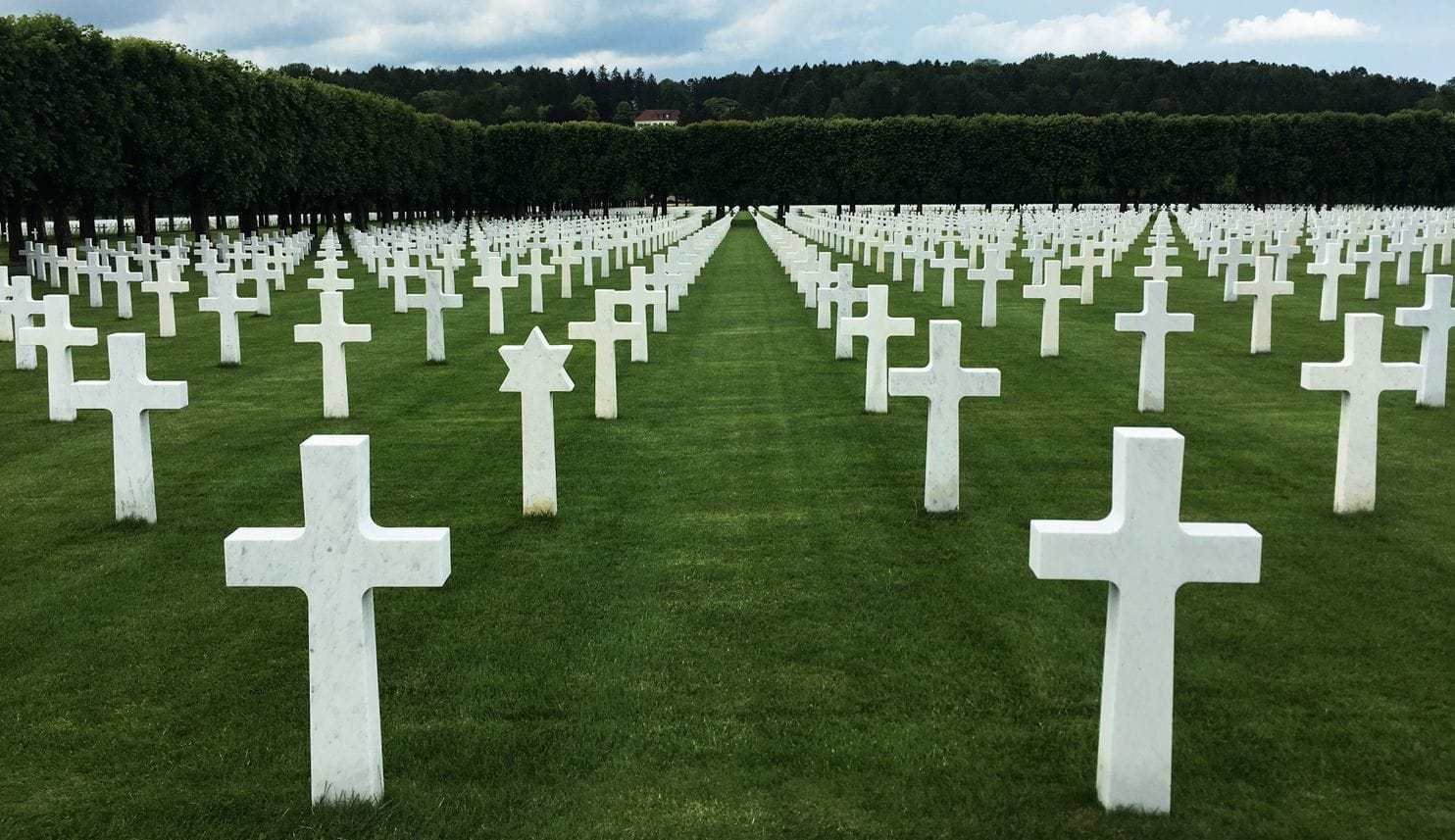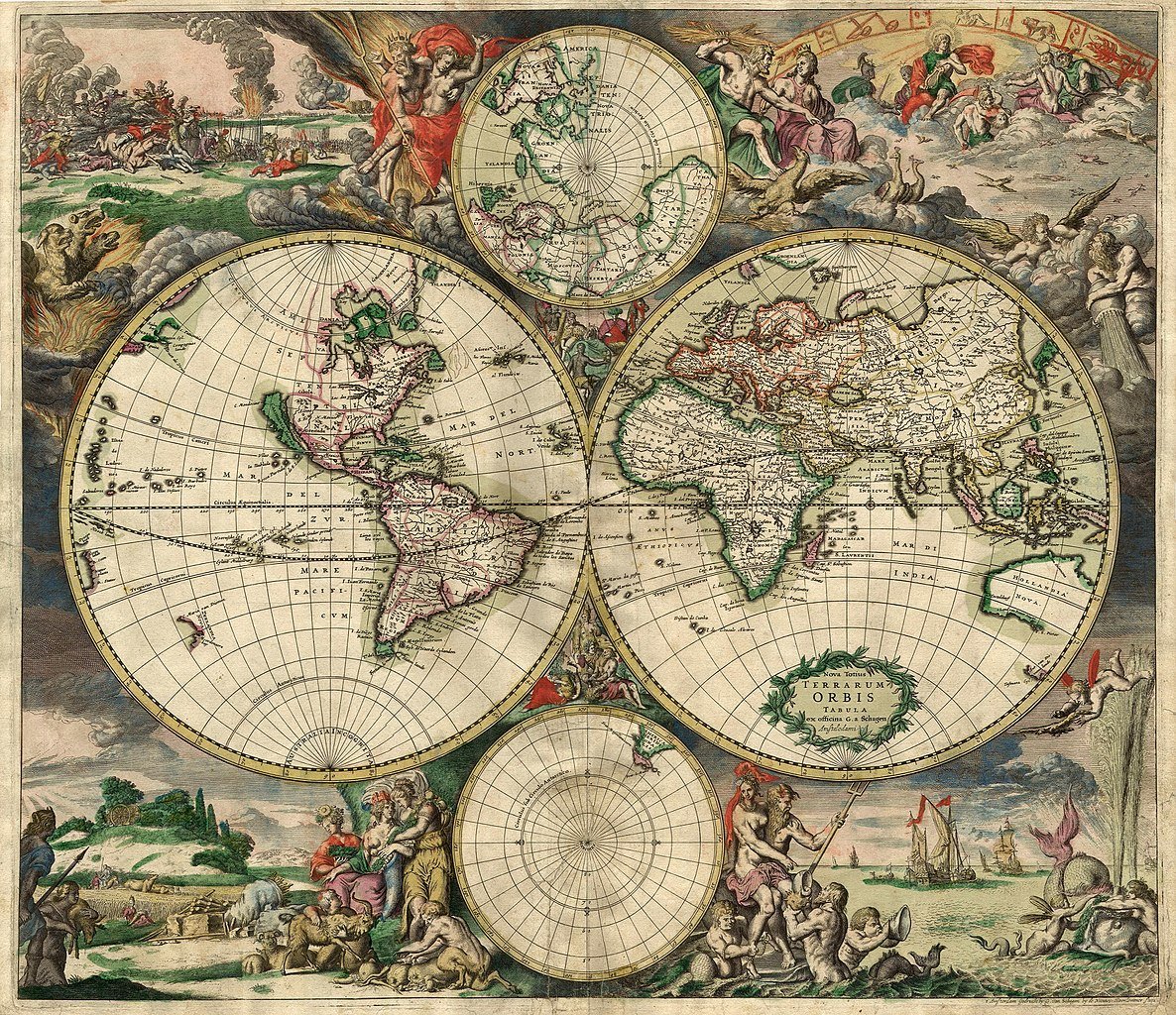We operate from two identities simultaneously during our life, but one of those identities is greater, and is the one that we should strive to know, and be One with.
Tag: oneness
A Mystical Perspective on the Problem of Evil
A friend asked me what my take was on the problem of evil, or theodicy, so I thought I'd write about it here.
The Two Deaths in Mystical Christianity
I think that Christianity may have conflated Jesus's mystical experience of an ego death, perhaps at the time of his baptism when the "heavens opened," in which his individual psychological self "died" and he was was "reborn" of Spirit, or "raised up" (resurrected) to his identity in Christ consciousness (a consciousness of nondual union in God/Reality), with his biological death on the cross. These two deaths seem to have been conflated at some point, resulting in a supernatural conception of the resurrection.
Ephesians 1 BHT, "Paul" talks about the Grace of Christ in All Beings
An addition to the BHT, where Paul (or a disciple of Paul) talks about the infinite Grace that Christ is found in all beings, and the type of wondrous insight and knowledge that God reveals in those who attain the consciousness of Christ.
Paul/Silas? our Super Hero Identity vs. our Alter/Secret Identity
I wonder if Silas/Silvanus could be Paul's nickname for his own alter ego, the "Saul" of his prior persecuting life, his shadow side, his human side, his "sinful" side, prior to perhaps taking a "new name" of Paul after his conversion experience.
A Psychological and Mystical Interpretation of the Myth of Adam & Eve and the Garden of Eden
I think the story of Adam & Eve is a mythological allegory describing humanity's "fall" of consciousness into the dualities of self-awareness, subject/object relationships, and the opposites of existence. This is symbolized in the partaking of the "tree" of knowledge of good and evil, i.e. dualities.
A Map of Reality
Humans want to know what's real, what's reality, what's true. We have explored the outside world and our inner worlds for millennia, and we seem to still not be sure what is absolutely real. I think the issue might be that what is really real is not something that can be seen or communicated through language at our dualistic level of perception. We have to transcend duality experientially and consciously in order to know the "really real," sometimes called the Nondual, the One, the Real, the Absolute, or God. Perhaps only at that level of consciousness may we come to truly know what is ultimately Real and True.
My Thoughts on the New Age, and How It Differs from Mysticism
I am not fond of much of the New Age movement. Sometimes my thoughts about mysticism may seem like the New Age, but I think that is because the New Age has adopted a lot of mystical language and concepts, not that classical mysticism inherently belongs to the New Age. They are two different fields, which have some overlap. The New Age developed just in the 1970s. Mysticism has been around for millennia, indeed, for all of human history, in every part of the world.
The Mysticism of Falling into a Black Hole
The unitive mystical experience can be compared to falling into a black hole. When compared this way, it doesn't sound like a nice experience. Likewise, for many mystics throughout history, their divine experiences weren't always a merry venture, sometimes encountering hellish realms along the way (see, for example, St. Teresa of Ávila, or St. John of the Cross's Dark Night of the Soul).
Is the Universe Made of Consciousness?
It sounds like a pretty woowoo thing to say, really smacking of the "New Age." But this seems to be the skeleton in the closet that even physicists don't want to admit. But some have.









